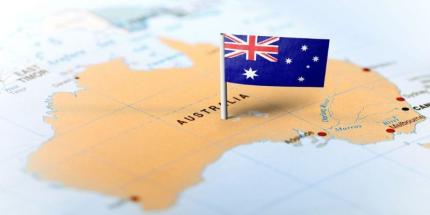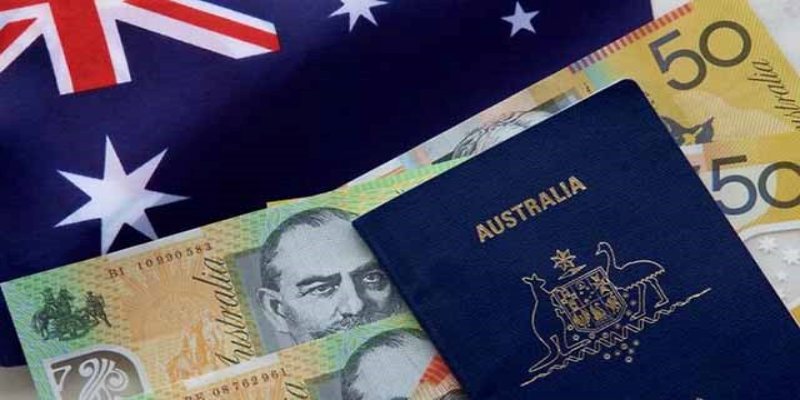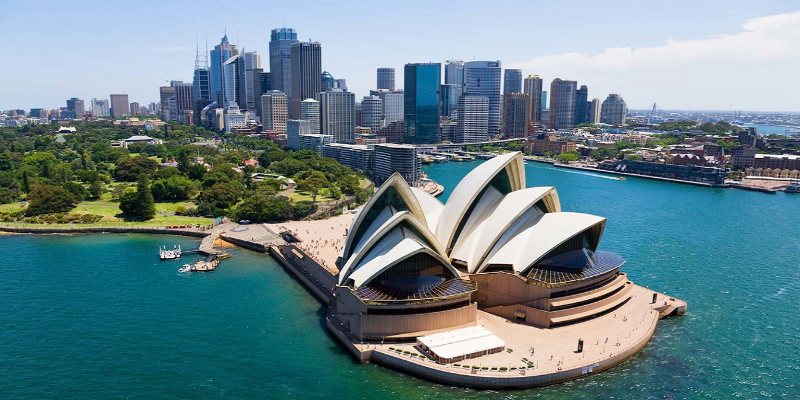Get free consultation
Fill out the form and we will contact you
The work sponsorship program in Australia is designed to allow Australian citizens and permanent residents to live together with their loved ones. Depending on family relationships, you can choose from various family-sponsored visas, such as those for spouses, children, parents, or other relatives. In this article, we will provide detailed information.
When it comes to sponsoring a spouse to Australia, there are several suitable visa options you should consider:
Types of spouse sponsorship visas in Australia
Partner visa (subclass 820/801): For the spouse or de facto partner of an Australian citizen or permanent resident who is already living in Australia
Partner visa (subclass 309/100): For the spouse or de facto partner of an Australian citizen or permanent resident who is living outside Australia
Prospective Marriage visa (subclass 300): For individuals engaged to an Australian citizen or permanent resident
The question “How long does it take to sponsor a spouse to Australia?” is one of the most common concerns. According to the latest data from the Australian Department of Home Affairs (as of May 2025), the average processing times are:
Partner visa (subclass 820/801): 18–24 months
Partner visa (subclass 309/100): 15–20 months
Prospective Marriage visa (subclass 300): 12–18 months
It is important to note that these timelines can vary depending on factors such as:
Completeness of the application submitted
Nationality and country of residence of the applicant
Timing of lodgement (peak or off-peak periods)
Any additional checks or requirements (if applicable)
Prepare documentation: Gather all required evidence to demonstrate a genuine and ongoing relationship
Submit application: Lodge your application online via ImmiAccount
Pay the fee: As of 2025, the application fee for a Partner visa is approximately AUD 8,700
Health and character checks: Complete medical examinations and provide police clearances as required by the Department of Home Affairs
Interview (if required): In some cases, applicants may be asked to attend an interview
Visa decision: Receive notification of approval or refusal
The sponsor must be an Australian citizen or permanent resident
The relationship must be genuine and ongoing, demonstrated through shared financial commitments, long-term partnership evidence, etc
Applicants must meet the health and character requirements
The sponsor must fulfill sponsorship obligations, including financial support for the first two years
The sponsor must be an Australian citizen or permanent resident
For those seeking information about "sponsoring a child to Australia," here are the key points to know:
Child visa (subclass 101): For children under 18 of Australian citizens or permanent residents living overseas
Child visa (subclass 802): For children under 18 of Australian citizens or permanent residents living in Australia
Dependent child visa (subclass 445): For stepchildren of a person who already holds a partner visa
Adoption visa (subclass 102): For children adopted from overseasAdoption visa (subclass 102): For children adopted from overseas
Biological, legally adopted, or stepchild of the sponsor
Generally under 18 years of age (with some exceptions)
Not married or living in a de facto relationship
Financially dependent on the sponsor (if over 18)
Must meet health and character requirements
The processing time for child sponsorship visas usually ranges from 12 to 18 months, depending on the type of visa and specific circumstances. Since early 2025, the Australian Department of Home Affairs has improved the processing system, reducing waiting times for priority cases such as young children needing to reunite with their parents.
Processing time for child sponsorship visas usually ranges from 12 to 18 months
The application fee for child sponsorship visas in 2025 is approximately AUD 3,000–5,000 depending on the visa type. In addition, there are other related costs such as medical examinations, police checks, translation, and notarization of documents.
If you are looking for information about "sponsoring to work in Australia" or "sponsoring relatives to Australia" beyond partner and child categories, here are the suitable options:
Parent visa (subclass 103): Permanent visa for parents (waiting time can be up to 30 years)
Contributory parent visa (subclass 143): Permanent visa with a higher fee but faster processing time (around 3–4 years)
Temporary contributory parent visa (subclass 173): Temporary 2-year visa, with the option to transition to subclass 143 later
To be eligible, the sponsor must:
Be an Australian citizen or permanent resident
Meet the "balance of family test" (having more children settled in Australia than in any other country)
Provide an assurance of support for financial responsibility over 10 years
Remaining relative visa (subclass 115/835): For siblings, nieces, nephews, or cousins when all close relatives are Australian citizens or permanent residents
Carer visa (subclass 116/836): For relatives who need to care for Australian citizens or permanent residents with serious health conditions
It should be noted that these visas usually have extremely long waiting times (up to 50 years for some types) and very limited annual quotas.
In addition to family visas, if you are seeking opportunities to "work in Australia under sponsorship," there are several options through employment sponsorship programs:
Temporary skill shortage visa (subclass 482): For skilled workers sponsored by an Australian business
Employer nomination scheme (subclass 186): Permanent visa for skilled workers nominated by an employer
Regional sponsored migration scheme (subclass 187): Similar to subclass 186 but applied to regional and rural areas
These visas require:
A nominated job from an eligible Australian employer
Meeting skills and experience requirements
Meeting English language requirements
Being under the maximum age limit (usually 45 years)
To provide the most updated information for readers interested in family sponsorship to Australia, here are the notable policy changes:
Understand the latest changes in Australian sponsorship policies
Increase in family visa quota: The Australian government has increased the number of family visas granted to 65,000 places for the 2024-2025 financial year, focusing on partner and child categories.
Improvement in processing procedures: The online processing system has been upgraded, reducing processing times by approximately 15–20% compared to before.
Adjustment of relationship proof requirements: New guidelines on demonstrating genuine relationships have been issued, reducing some unnecessary document requirements.
Temporary parent visa pilot program: A new pilot program allows parents of Australian citizens or permanent residents to stay for up to five years without meeting the "balance of family test."
Changes in visa fees: Family visa fees increased by approximately 5–7% from July 2024, reflecting rising processing costs.
To increase the chances of success when sponsoring relatives to Australia, you should avoid the following common mistakes:
Lack of evidence of the relationship: Especially important for partner visas, provide sufficient evidence of a genuine and long-term relationship.
Inconsistent information: Ensure all information in the application is consistent and truthful.
Incomplete documentation: Missing important documents may result in delays or refusal of the application.
Failure to respond promptly to additional requests: Respond quickly when asked for further information.
Handling complex cases alone: For complex cases, seeking professional advice is very important.
Sponsoring family members to Australia is a complex process with strict requirements. However, with careful preparation and a thorough understanding of the process, you can significantly increase your chances of successful migration. If you are planning to sponsor family members to Australia and need professional support, Quốc Tịch Thứ Hai is ready to accompany you throughout the entire process.
Fill out the form and we will contact you



